Why sustainable wood is the future
If you are interested in reducing your carbon footprint, you have a green thumb or you listen to the teachings of a young Greta Thunberg. Then you will likely be aware of a resource called sustainable wood. On a base level, the properties of this wood is no different from that of generic wood. However, through the way this wood is gathered and used, we can all do our part in saving the planet. Sustainable wood is not only the future, it is a means of guaranteeing a future for our kids. Here’s why:
What is sustainable wood?
For those that are unaware, sustainable wood is wood that is gathered from sustainably managed forests. These forests are monitored by professionals who protect the ecosystems within these forests, ensure that these forests remain full of greenery for years to come. Plus, when the wood is required from this forest, these skilled professionals ensure that the tree will recover and continue to act as a resource in the coming years.
What are the Benefits Of Sustainable Wood?
The benefits of buying and supporting the growth of sustainable wood are plentiful. One benefit is that the natural habitat of animals will no longer be destroyed. Meaning that ecosystems remain as they should and animals are not forced to adapt or die due to the actions of humans. Secondly, through buying into the idea of sustainable wood. You are also lowering carbon emissions in the world. Trees do a fantastic job of soaking up the earth’s carbon emissions, replacing them with oxygen. So by keeping more trees standing we keep the planet in a healthier state.
How can you tell if the wood is sustainable?
You may be thinking, how can I tell if my hardwood floors were made with sustainable wood. Well, there are a number of telltale signs. Firstly, if the wood is from the EU, it is very likely that this is a sustainable wood. The reason being that legislation in the UK protects trees and forests within the region, with more trees being planted than being cut down at the time of writing.
You can acquire sustainable wood from outside the EU but it is admittedly much harder to come by. You can tell if the wood is sustainable by checking the packaging that the product comes in. If it boasts the ‘Forest Stewardship Council’ logo, then you can rest assured that your wooden product is sustainably crafted and your purchase is an ethical one.
What is the most sustainable wood?
This is a tricky question as all wood can be ethical if harvested and treated right. However, there are some varieties of wood that are more likely to be harvested sustainably. Plus, there are some trees that recover faster after being harvested, making them a much more sustainable resource. In terms of which trees grow faster and recover from harvesting the quickest, the faster-growing trees tend to be pine trees, poplar trees, red maple trees, and birch trees.
Many people wonder whether Sheesham Indian rosewood is sustainable and it is in fact one of the most sustainable hardwoods simply because it requires little to no maintenance to grow. Mango wood is also highly sustainable due to the tree being grown for its fruit and when the tree stops producing efficiently it is chopped down. Instead of it being wasted it is used for its luxurious timber.
Mango wood has been an increasingly popular choice and you can find a variety of sustainable mango wood products at Carved Culture. More sturdy and slow-growing trees like Oak trees can be a good source of wood and can be sustainably grown, however, in terms of efficiency, they are not the best choice.
Which woods should I avoid?
As we mentioned, in theory, any wood can be sustainable. However, there are some we get from certain regions where it is very unlikely to have been the case. Here is a quick list of some woods that you should steer clear from if you wish to keep all your wooden products ethical and sustainable.
- Burmese Teak
- Wenge
- Merbau
- Brazilian Mahogany
Guest post written by the team at Carved Culture. Head on over to their fantastic and informative resource in order to find more sustainability tips
Thanks guys and good luck!
The Jungle Culture Team

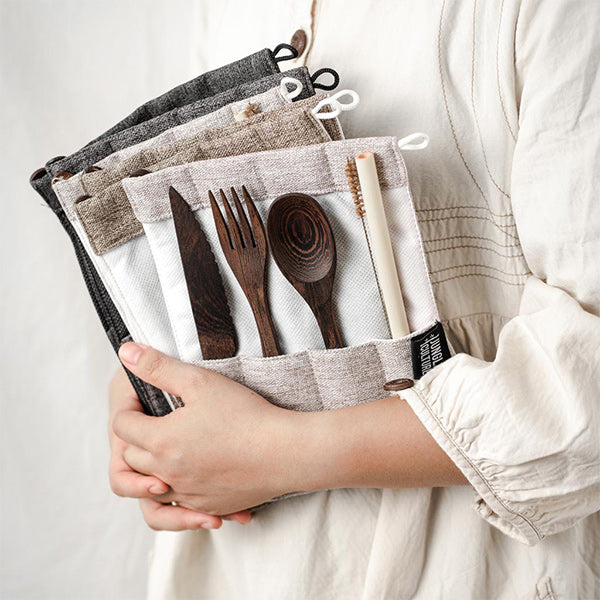
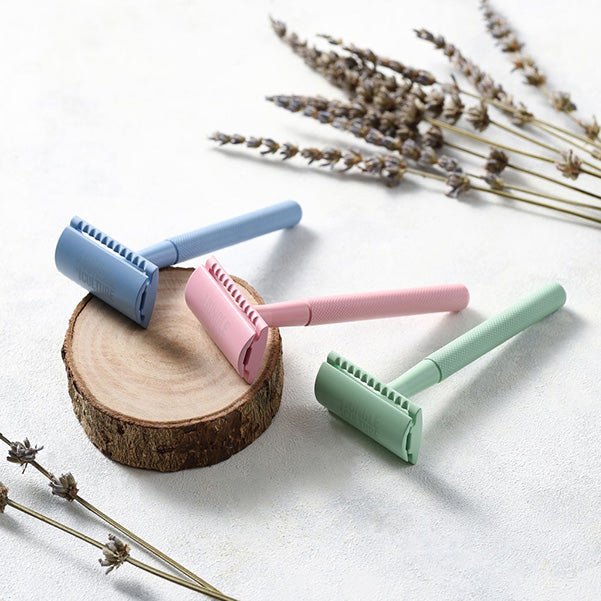

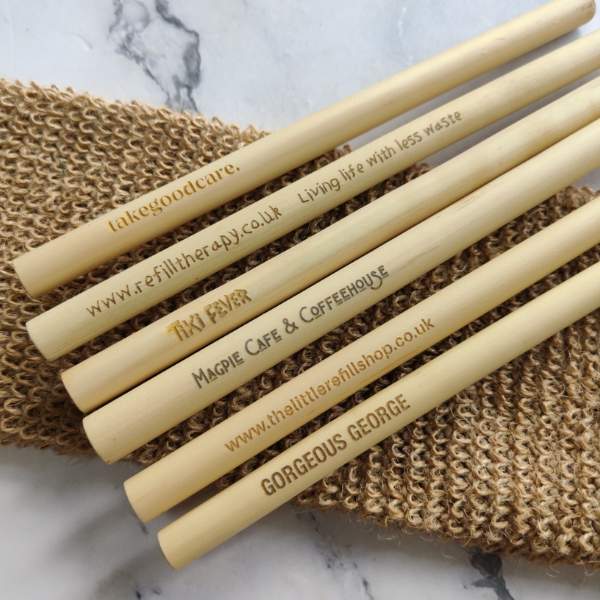
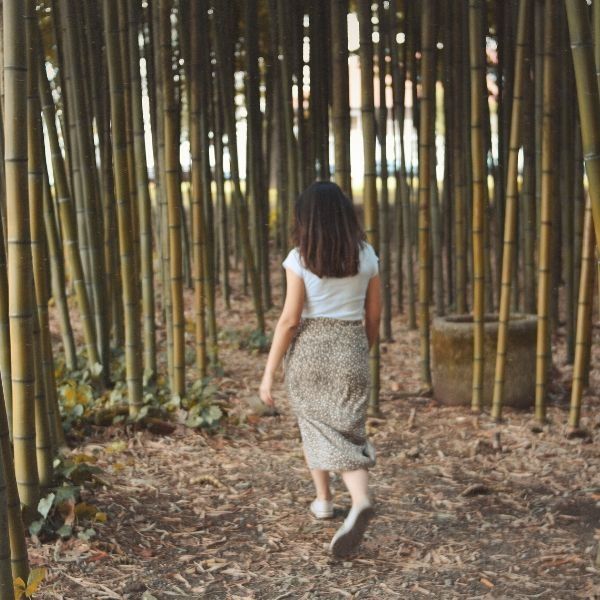
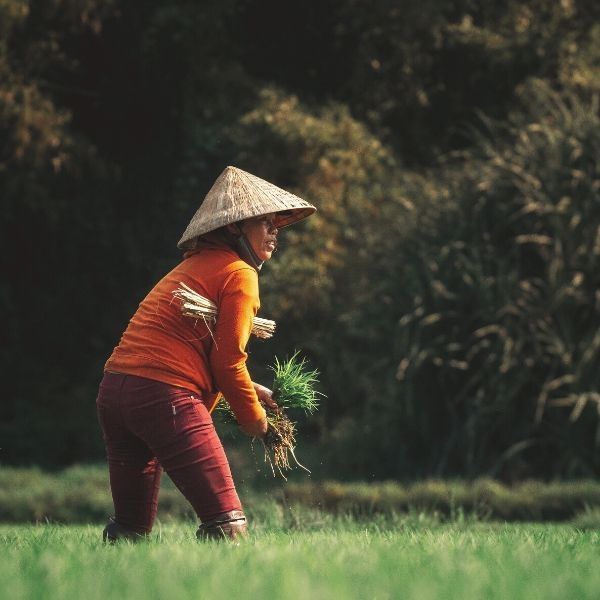

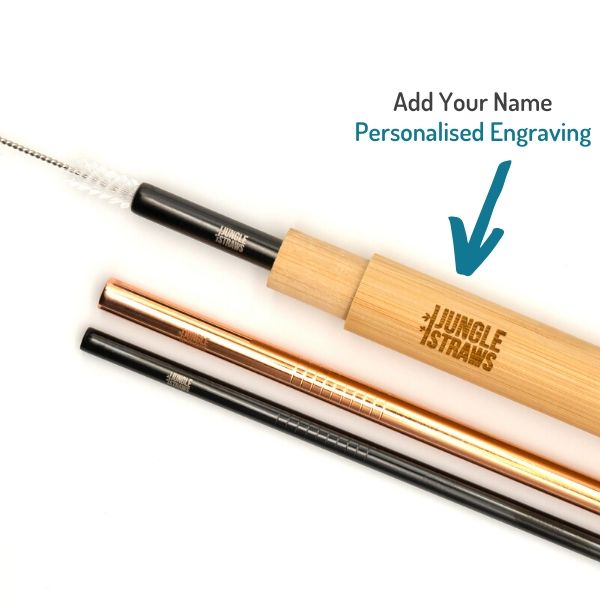




Leave a comment (all fields required)